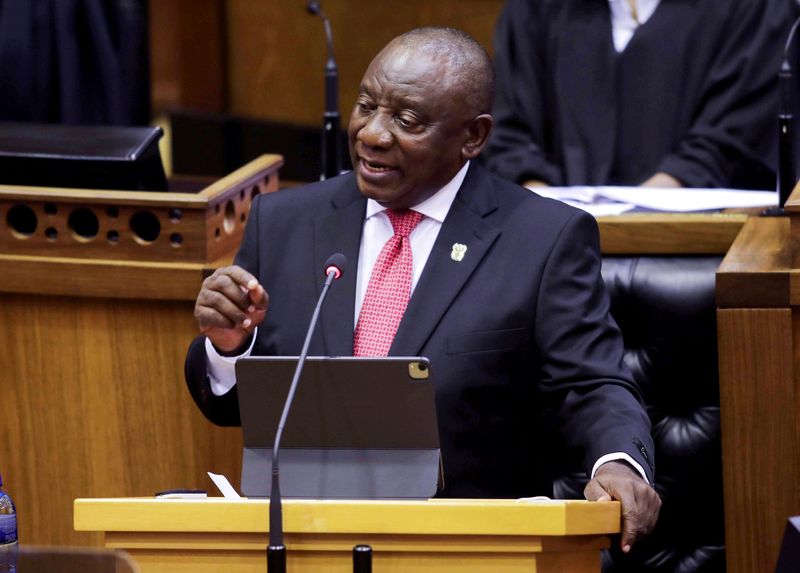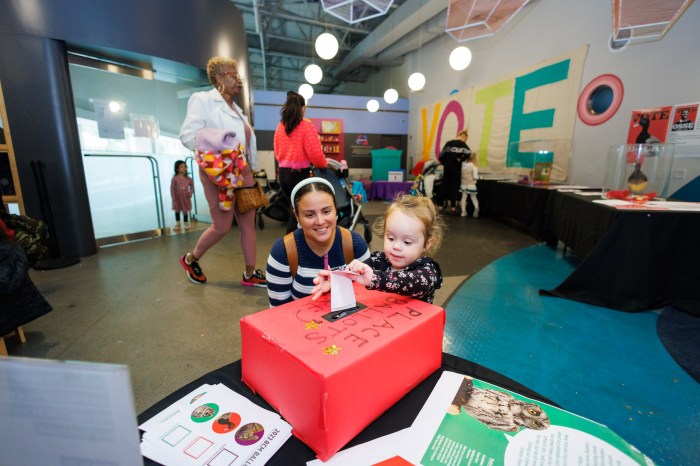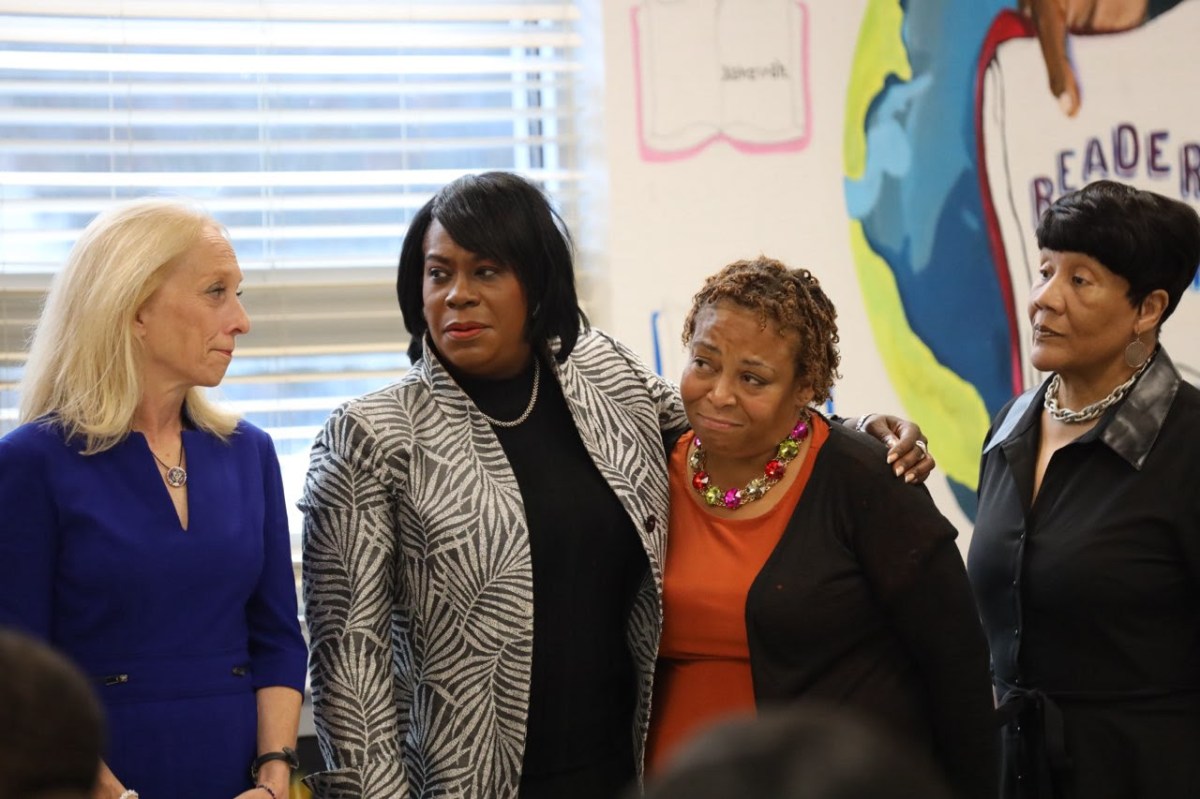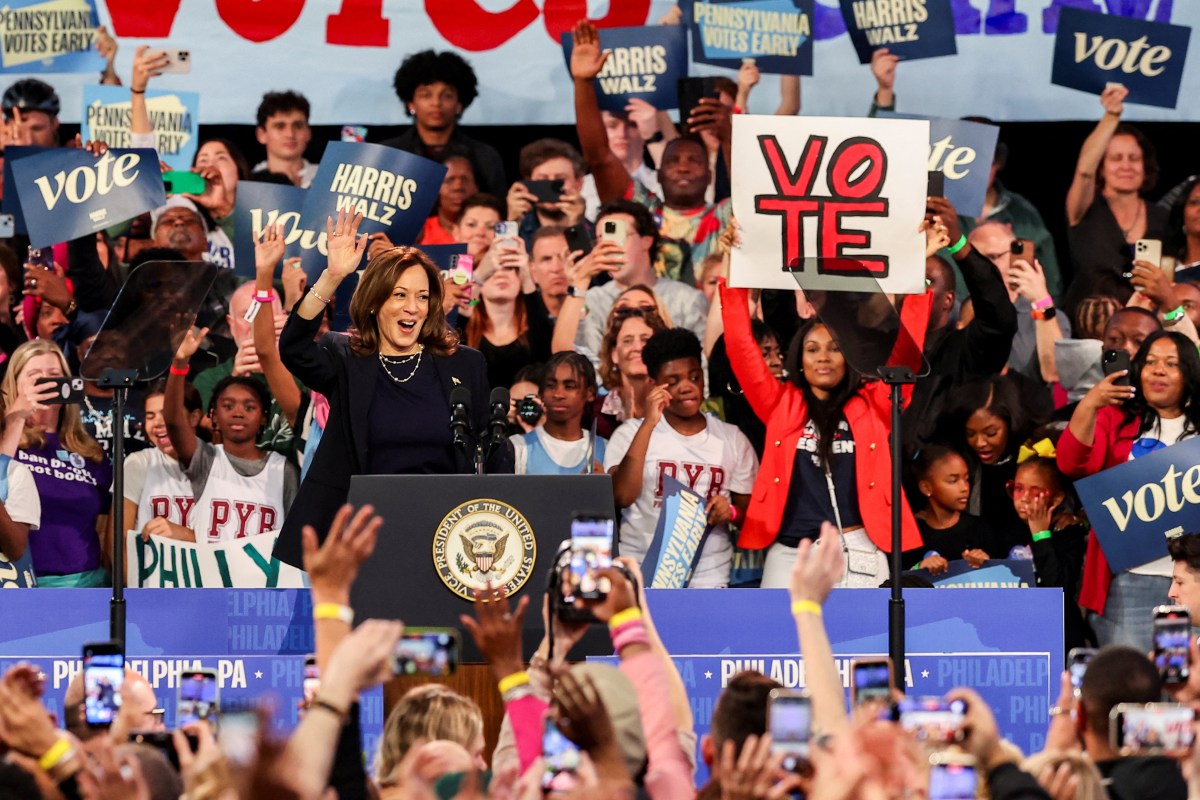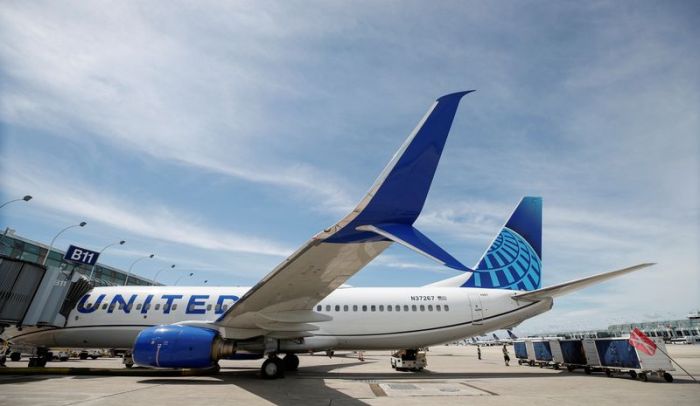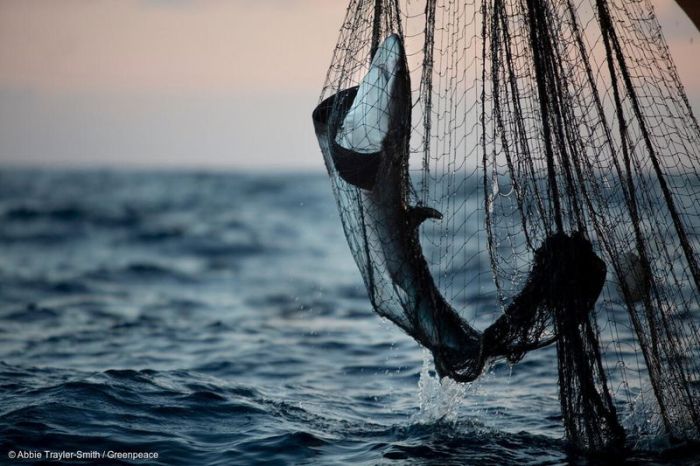JOHANNESBURG (Reuters) -Africa must expand vaccine manufacturing to combat the COVID-19 pandemic and future health emergencies, including by forging partnerships to boost expertise and investment, continental leaders and international health officials said on Monday.
Africa has struggled to acquire coronavirus vaccines and imports the vast majority of its medicines and medical equipment, leaving it at the mercy of overseas supplies.
Its mainly poor nations are falling behind in the global coronavirus vaccination race with under 13 million doses administered so far to the continent’s 1.3 billion people, the Africa Centres for Disease Control and Prevention (Africa CDC) said last week.
World Trade Organization director-general Ngozi Okonjo-Iweala said it was “morally unconscionable and a serious economic hit” that just 1.1 per 100 Africans had received a vaccine while in North America the rate was over 40 per 100.
“Between a steeper fall and a weaker rebound, Africa will have lost ground to other regions,” she told a virtual conference organised by the African Union. “So to boost growth, trade and livelihoods, we need to get vaccines to everyone who needs them.”
South African President Cyril Ramaphosa, the African Union’s COVID-19 response champion and leader of the African country hardest hit by the coronavirus in terms of infections and deaths, said the medium-term strategy should be to expand existing manufacturing facilities into regional hubs.
“We also need to forge sustainable partnerships with entities in both the developed world as well as the developing world,” he said.
African countries, he added, could seek guidance from countries like India and Brazil on how they developed their generic pharmaceutical industries.
Africa now imports 99% of all its vaccines, but should aim to reduce imports to around 40% by 2040, Africa CDC director John Nkengasong said.
Okonjo-Iweala said that building more manufacturing capacity would require long-term investments but countries could offer incentives such as cutting tariffs on raw materials.
She encouraged WTO members to find a “pragmatic outcome” to a proposal by India and South Africa that vaccine and other medical patents be suspended during the COVID-19 pandemic to speed up technology transfers to manufacturers with spare production capacity.
World Health Organization chief Tedros Adhanom Ghebreyesus said WHO supports calls for manufacturers to remove obstacles hindering access to critical health products.
“We continue to call on companies to share know-how,” he told the conference.
(Reporting by Alexander Winning in Johannesburg; Editing by David Clarke and Grant McCool)

